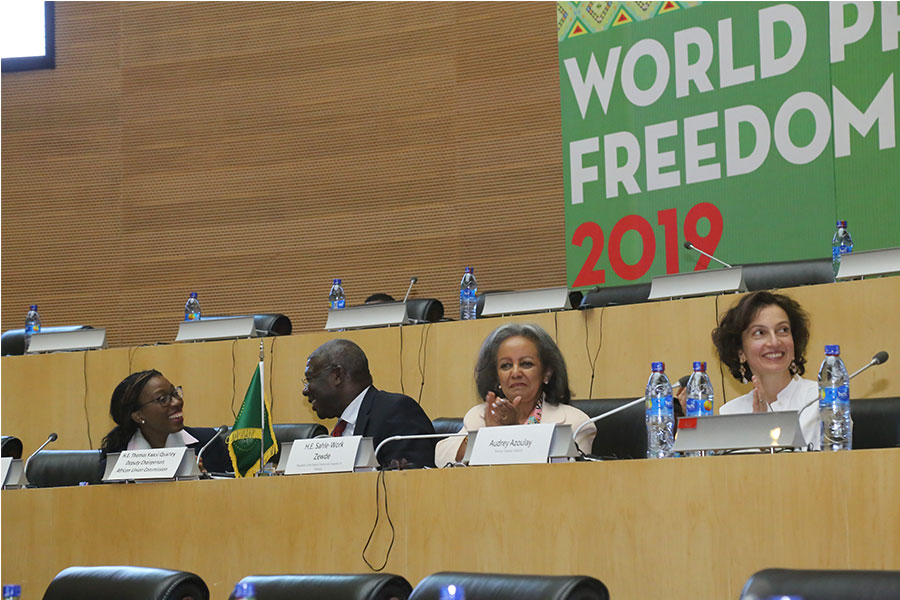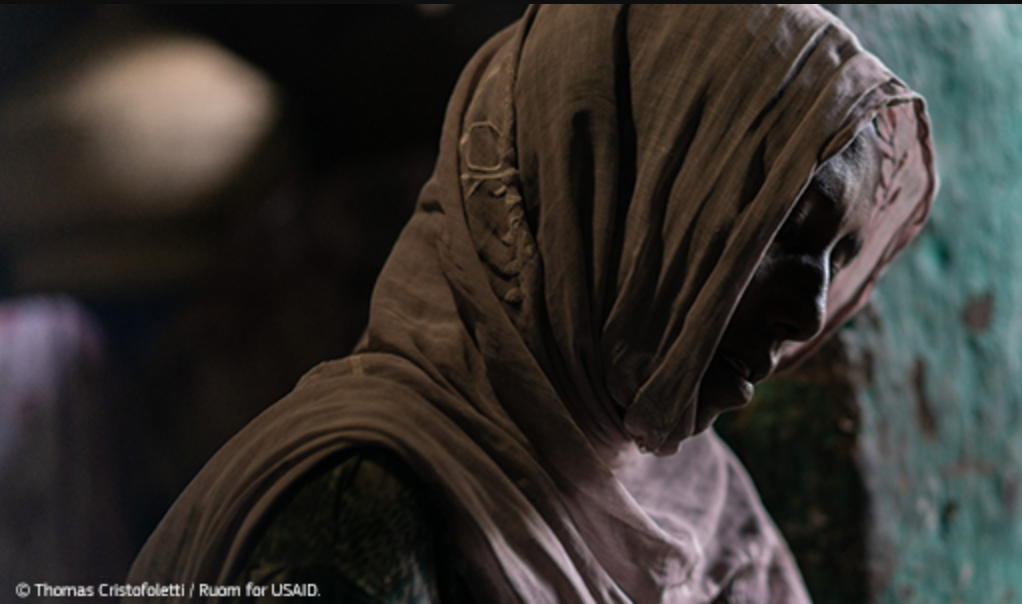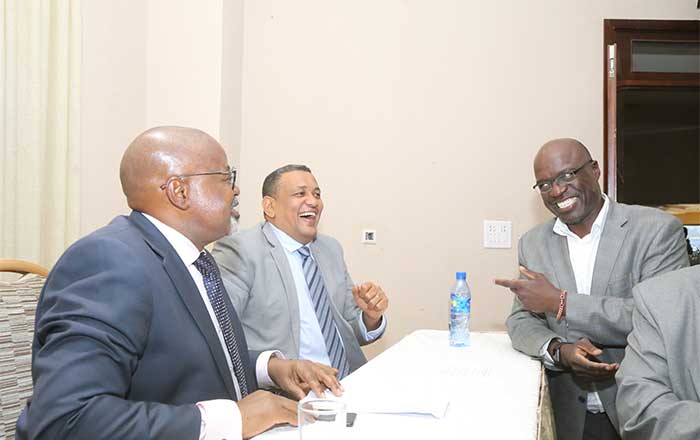
Radar | May 04,2019
I was lying in bed one day feeling like I was on a gently rocking boat, though no reason for the movement was visible. I had been in a relaxed pose for some time and wondered what could have caused this subtle shift. For a moment, I even questioned if something was wrong with me. Since I was not upright, there was no way to confirm what was happening.
One part of me speculated that a moving object might be beneath the bed, but I quickly dismissed that thought. After all, I was on the second storey of a locked house. When the sensation did not recur, I shrugged it off as an odd but insignificant experience. I did not share this strange experience with anyone. It seemed minor—a simple blip easily waved off. We all have moments where life feels a bit unsteady when our footing is not as sure as we would like it to be. But then, a few days later, the sensation returned as I was lying in the same position in my bed.
This time, I felt a rising sense of concern. Before my thoughts could spiral too far, I heard the noise outside. Neighbours were stepping out of their homes, conversing in low, anxious tones. It was not just me who had felt it. It was a tremor, strong enough to cause worry but not enough to bring down walls or roofs. People were making calls to check on loved ones in other parts of town—and beyond.
As it turned out, the source of the disturbance was a 4.9-magnitude earthquake on the Richter scale, originating from Mount Fentale in the Awash area, 193Km from Addis Abeba. The tremor reverberated throughout the Great Ethiopian Rift Valley, with towns and cities within a 40 to 100Km radius of the epicentre feeling its effects. Residents, unfamiliar with this were rattled.
Like many, I had only ever heard of earthquakes through news reports. The most recent catastrophe in Turkey, where over 53,000 people lost their lives and hundreds of thousands more were injured, is still fresh in our memories. Addis' tremor was a mere jolt—no casualties, no reported damage, even in the epicentre. But with Ethiopia’s relatively poor infrastructure and lack of disaster preparedness, a more severe earthquake could spell unimaginable disaster.
Natural disasters are not a frequent occurrence in the country, but that does not mean it is immune. Just this past July, a landslide in the Gofa zone of Southern Ethiopia claimed 249 lives, a tragedy that sent shockwaves through a country not typically associated with such calamities.
Addis, however, owes its very existence to nature. It was the region’s natural hot springs that played a pivotal role in the city’s founding. Though I am not a frequent visitor, I enjoy the therapeutic waters of the hot springs called Fil Wuha. It holds personal meaning, as I was born in Zewditu Memorial Hospital, located just across from it. In the capital and the surrounding areas, flooding during the wet season’s torrential rains is most experienced. Not long ago, flash floods claimed lives, washing away homes and overwhelming streets. The most vulnerable were those living in makeshift shelters and homeless people. And I suppose there are usually more victims than reported, as floods can carry bodies far beyond the city’s periphery.
Despite the benign climate, which spares the country from the frequent natural disasters experienced in other parts of the world, we must remain vigilant. Climate change, a major contributor to the increasing prevalence and severity of natural disasters, is no longer a distant threat. A recent World Wildlife Fund (WWF) publication stressed how climate change amplifies disasters like floods, hurricanes, and tornadoes. As seen with the Fukushima disaster and Hurricane Helene currently ravaging the U.S., natural disasters sometimes combine forces, creating catastrophic consequences. Hurricanes can unleash a deadly mix of intense winds, heavy rain, storm surges, coastal erosion, and landslides, leaving devastation in their wake.
NASA scientists predict that as our planet continues to warm, we will face more frequent and severe droughts and floods. In Ethiopia, droughts that once occurred every decade now strike every two to three years, threatening millions who depend on rainfall for their livelihoods. The Green Legacy initiative and afforestation efforts are steps in the right direction, seeking to increase precipitation and breaking the cycle that endangers so many lives.
Addis Abeba may be blessed with mild weather, but we cannot take it for granted. We remain vulnerable to floods due to inadequate infrastructure, particularly in congested areas, and road accidents claim more lives here than natural disasters. But as we continue to witness the devastation caused by climate change worldwide, it is clear that we, too, must take action. It is up to us to ensure that we do our part in safeguarding the environment.
PUBLISHED ON
Oct 12,2024 [ VOL
25 , NO
1276]


Radar | May 04,2019

Radar | Aug 20,2022

My Opinion | Oct 30,2022

Fortune News | Jun 10,2021

Verbatim | Oct 07,2023

Radar | Aug 24,2019

Fortune News | Nov 09,2019

Fortune News | May 24,2021

Radar | Dec 10,2022

Commentaries | Jun 29,2024

Dec 22 , 2024 . By TIZITA SHEWAFERAW
Charged with transforming colossal state-owned enterprises into modern and competitiv...

Aug 18 , 2024 . By AKSAH ITALO
Although predictable Yonas Zerihun's job in the ride-hailing service is not immune to...

Jul 28 , 2024 . By TIZITA SHEWAFERAW
Unhabitual, perhaps too many, Samuel Gebreyohannes, 38, used to occasionally enjoy a couple of beers at breakfast. However, he recently swit...

Jul 13 , 2024 . By AKSAH ITALO
Investors who rely on tractors, trucks, and field vehicles for commuting, transporting commodities, and f...

Jul 12 , 2025
Political leaders and their policy advisors often promise great leaps forward, yet th...

Jul 5 , 2025
Six years ago, Ethiopia was the darling of international liberal commentators. A year...

Jun 28 , 2025
Meseret Damtie, the assertive auditor general, has never been shy about naming names...

Jun 21 , 2025
A well-worn adage says, “Budget is not destiny, but it is direction.” Examining t...